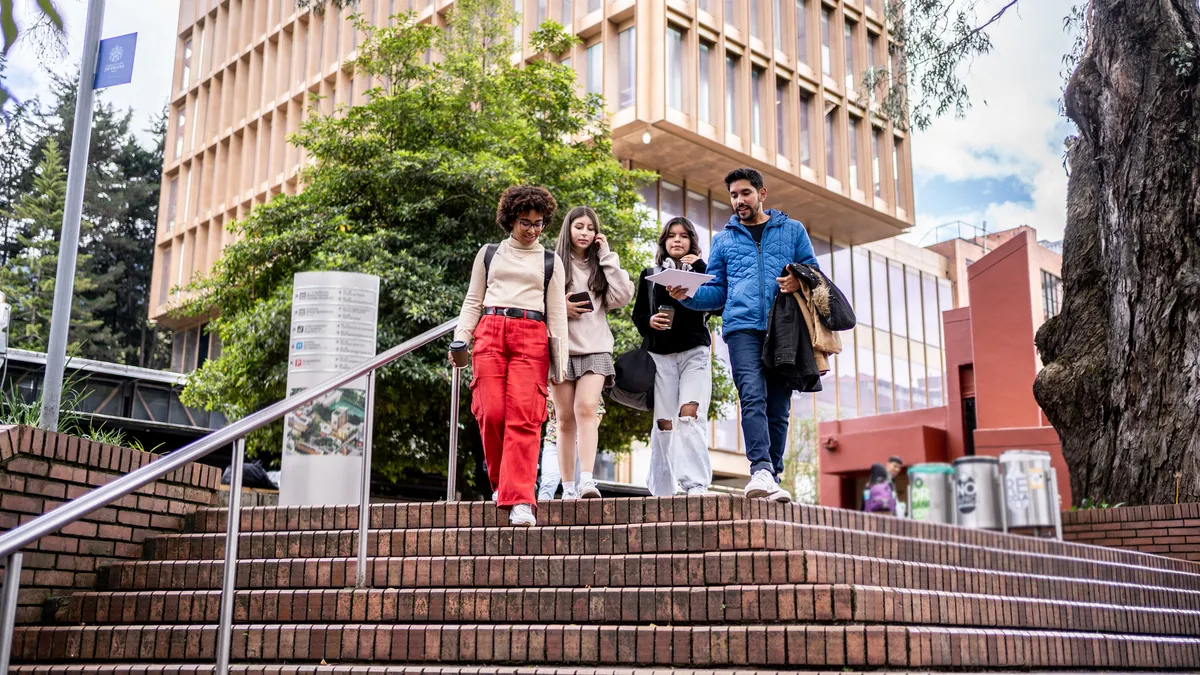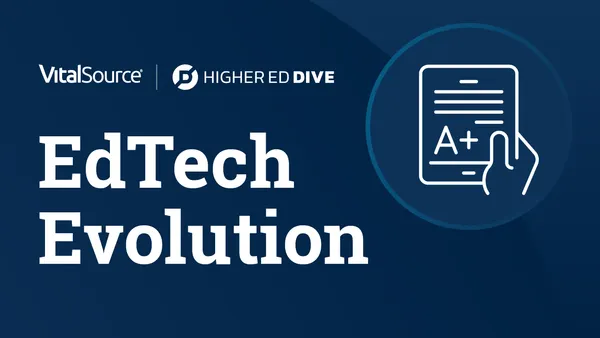Dive Brief:
- Tennessee's Higher Education Commission turned down a proposal to transfer troubled Valparaiso Law School, in Indiana, to Middle Tennessee State University (MTSU), expressing concern about Valparaiso's standing and the sustainability of the program in a state that already has six law schools, Nashville Public Radio reported.
- MTSU officials, who offered the transfer as gift, argued the move was necessary for the institution's future and that it would provide a public legal training option for underserved students in the Nashville area.
- Representatives of the six law schools, three of which are private and located near MTSU in Nashville, said the addition of another program would feed an already crowded market. The state's other public law schools are in Memphis and Knoxville, and those programs voiced the most concern.
Dive Insight:
Law schools are adjusting their curriculums to stay relevant as demand declines, forcing many to lower tuition or slow increases and others to shutter. The American Bar Association (ABA) supported such efforts with a recent decision to allow students to take up to one-third of the credit hours needed to complete a Juris Doctor (J.D.) degree online, giving institutions permission to design online-heavy degree tracks.
The University of Dayton received a variance from the ABA to offer a mostly-online J.D. degree program. It will debut the program, developed in partnership with education technology provider 2U, next fall. It will join Mitchell Hamline School of Law in Saint Paul, Minnesota, which was the first such accredited program in the country. Mitchell Hamline President and Dean Mark Gordon told the Twin Cities Pioneer Press that the college has received between 400 and 500 applications for fewer than 100 slots. Syracuse University will begin offering a hybrid online law degree in January.
In addition to going online, law schools are also turning to master's degrees, certificates and other credentials that offer extended legal education to lawyers, particularly those who weren't trained in the U.S.
In January, Dayton will launch an online-only master of laws program in American and transnational law, targeting international students who want to learn more about the U.S. legal system or take the bar exam. Washington University School of Law, in St. Louis, offers a similar program as well as a master of legal studies degrees for non-lawyers, both of which are online. The University of Arizona offers a part-time online bachelor's degree in law.
Large massive open online course providers (MOOCs) such as edX and Coursera also offer legal courses, according to U.S. News & World Report, although whether they are accepted by colleges and universities and state certifying panels varies.
The extent to which law schools are affected by the drop in demand depends largely on their reputation, according to a forthcoming study in the Nevada Law Journal. Class sizes at the top one-third of law programs shrank by 13% from the 2010-11 to the 2016-17 academic years while dropping three LSAT percentiles. Programs outside of that group took a bigger hit, losing 40% of tuition revenue on average during the period.












